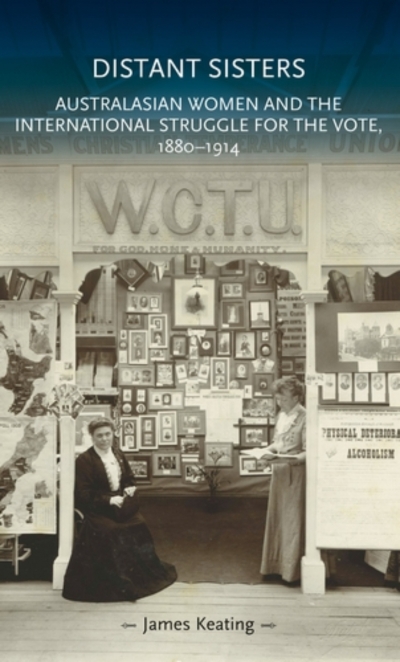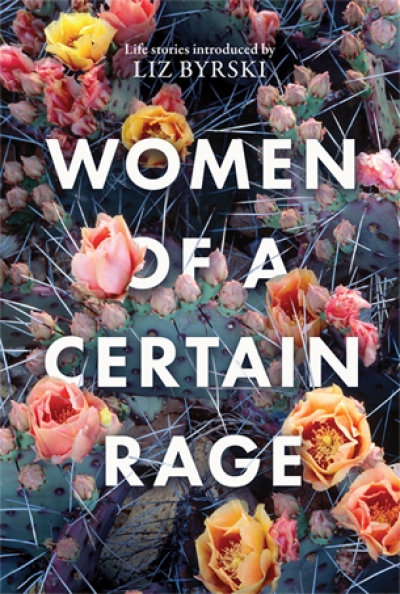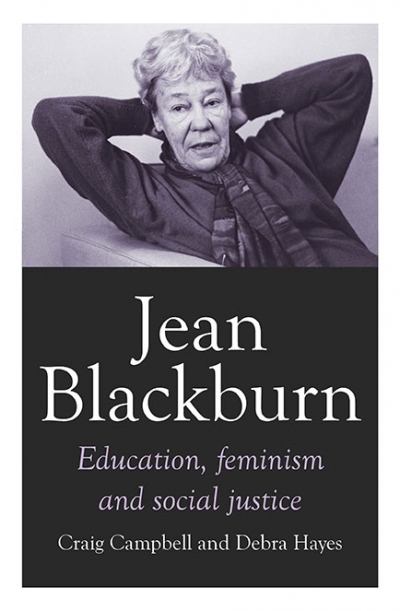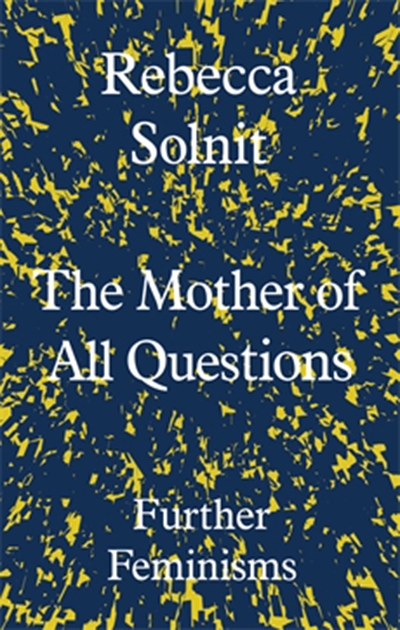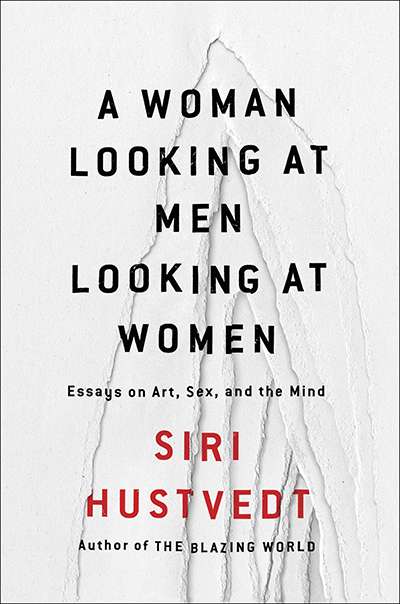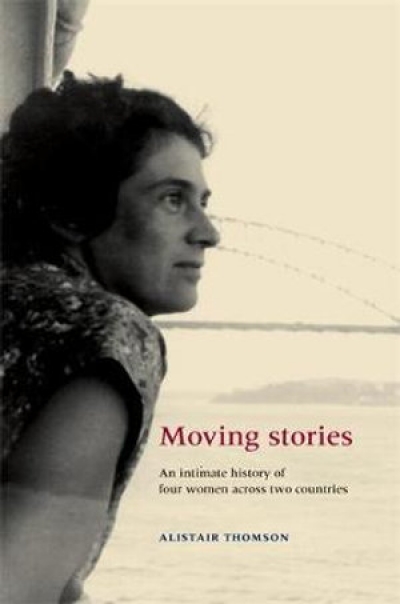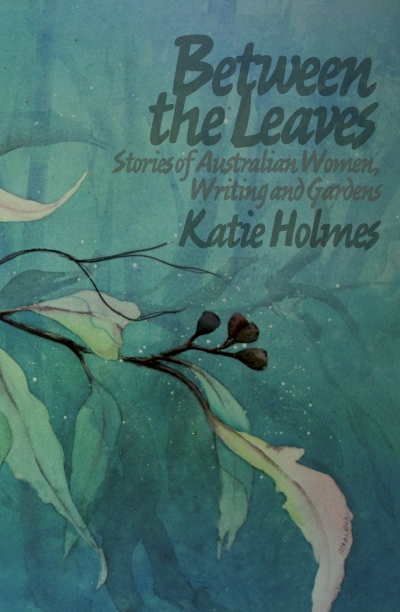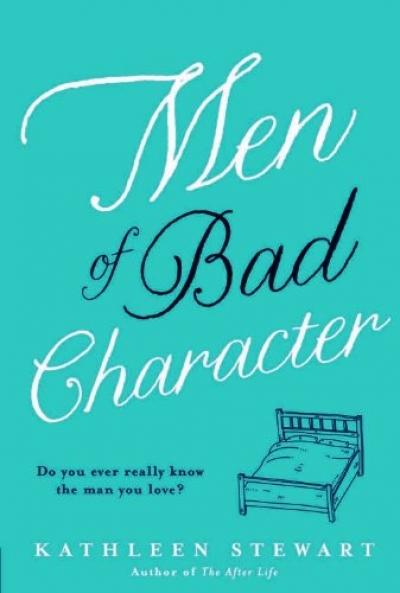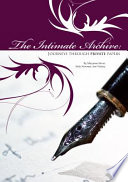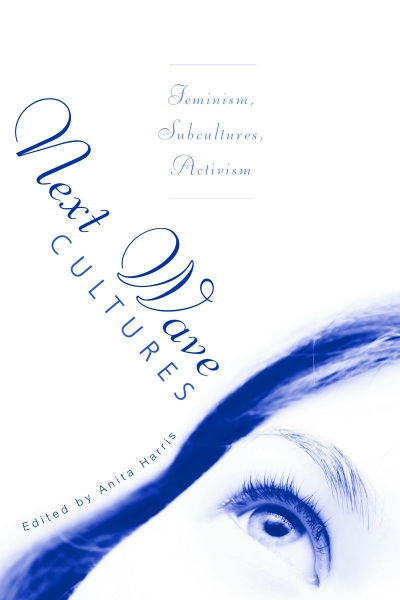Feminism
Distant Sisters: Australasian women and the international struggle for the vote, 1880–1914 by James Keating
In July 1894, a year after New Zealand women had gained the national right to vote (the first in the world to do so), their spokesperson Kate Sheppard prepared to address a suffrage rally in London, alongside Sir John Hall, the parliamentary sponsor of the New Zealand suffrage campaign. They took the stage in the vast Queen’s Hall at Westminster to report on their historic fourteen-year struggle. In an age when oratorical skill defined public authority, Sheppard was, unfortunately, not a forceful speaker. She was evidently ill at ease on the platform and her voice ‘scarcely audible’, as historian James Keating reports in Distant Sisters, his meticulous account of Australasian women’s international activism in support of women’s suffrage between 1880 and 1914.
... (read more)Liz Byrski’s introduction to Women of a Certain Rage is, among other things, a homage to second-wave feminism and a lament that feminism, ‘originally a radical countercultural movement’, has been ‘distorted into a tool of neoliberalism’. While there is no doubt that strains of feminism have been co-opted by neoliberalism to debilitating effect, this narrative – that feminism has become ineffectual since the 1970s – is one that erases many contemporary feminisms, as well as broader feminism-informed political movements and the work that they have done and continue to do.
... (read more)Jean Blackburn: Education, feminism and social justice by Craig Campbell and Debra Hayes
In the foundation Jean Blackburn Memorial Lecture in 2014, David Gonski observed that Australian schooling was unfairly funded – that the money wasn’t going where it was needed. To our national shame, this is not a new phenomenon. Successive governments in Australia have adopted school-funding policies for ...
... (read more)The Mother of all Questions: Further feminisms by Rebecca Solnit
So much has been written about male–female power dynamics, Trump’s grotesqueries, the public outing of protected abusers, and the growing chorus of women speaking out about sexual harassment that it’s hard to believe there could be anything new to add. Yet Rebecca Solnit, author of celebrated essays ...
... (read more)A Woman Looking at Men Looking at Women: Essays on art, sex, and the mind by Siri Hustvedt
Siri Hustvedt revels in ambiguity, the in-between places where the certainties of fact fray. In her idea-driven novels such as ...
Moving Stories: An Intimate History of Four Women Across Two Countries by Alistair Thomson
Gwen Good’s migration to Perth in 1963 turned out well. She loved Australia, the climate that turned life into one long summer holiday, and the house that she and her family soon acquired. She was an active member of her church, and a contented wife and mother who revelled in her children. By the 1980s she was ready to give away the bundle of reel-to-reel tapes on which, decades before, the family had conveyed its early impressions of Perth in audio letters to be sent home to England. The letters had come back to her when, in turn, her parents migrated to join the Goods in Perth. They held a past that had blended so seamlessly into the present that it no longer seemed particularly interesting.
... (read more)Between the Leaves: Stories of Australian Women, Writing and Gardens by Katie Holmes
For historian Katie Holmes, researching and writing Between the Leaves was a journey of discovery and interpretation. In her examination of the records left by nine women – through their words and the signatures they left on the land – the author discovered some of the meanings that writing and gardening held for them. Holmes was also drawn to ways an individual’s story can illuminate a larger picture. Sites of women’s stories are also places where the nation’s stories can be found: ‘Within this book, women’s home and garden belong in history, rather than as a mere adjunct to it.’
... (read more)When Rose, the narrator of Kathleen Stewart’s Men of Bad Character, first visits the bathroom of Gary Gravelly, ‘there in the toilet bowl, frayed around the edges and so long languishing that it had stained the water, was the most enormous rope of turd. That, I said to myself, is the death of romance.’ Rose soon forgets, overwhelmed by the boyish charm of her new lover, but the reader is left with an indelible image. Whatever Rose might think of Gary at any stage – and she changes her opinion many times over the next couple of years – we continue to associate that repulsive image with him. This is not just a bit of earthy bad taste designed to shock. It is a bold and nauseatingly effective way of influencing the reader’s attitude to Gary.
... (read more)The Intimate Archive: Journeys through private papers by Maryanne Dever, Sally Newman and Ann Vickery
‘What is it that distinguishes “the experience of being in the archives” from other types of research?’ The introduction to The Intimate Archive indicates that this is a crucial question underpinning the book. Neither dry repositories of records nor merely the random detritus of lives, archives are understood as constructed artefacts, shaped by cultural and political practices as well as by chance. Their meaning also depends on the historical moment: what is overlooked by one generation of researchers may be important to another. What is regarded as evidence by a researcher trained in literature may be questioned by an historian. Particular interests, as well as factors like gender, may also influence the materials researchers select from papers and how they interpret them.
... (read more)Wave Cultures: Feminism, subcultures, activism edited by Anita Harris
The familiar triumvirate of globalisation, advanced technology and consumerism has altered feminist, activist and subcultural practices so dramatically that their originators have trouble recognising them, and academics are racing to keep up. Next Wave Cultures acknowledges and embraces these upheavals in women’s social and political action. Anita Harris has selected a motley group of eleven essays that cover a diverse range of lifestyles, identities, communities and activities.
... (read more)

